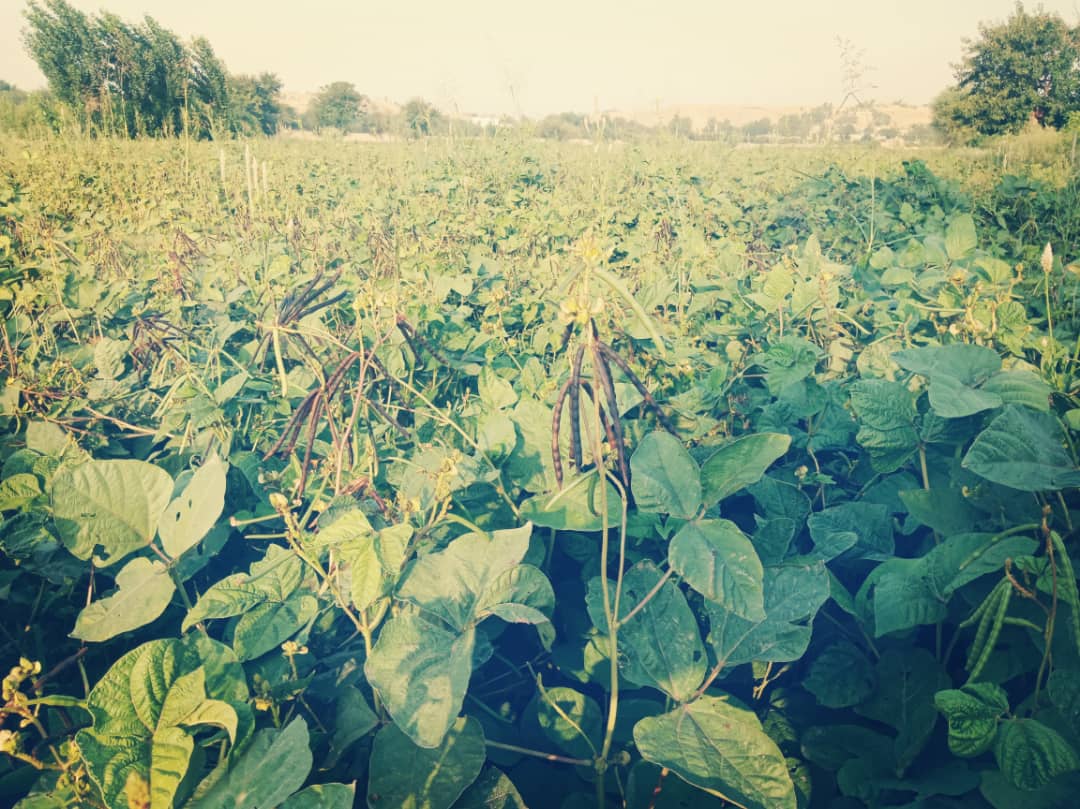In Afghanistan, approximately 85% of the population relies on agriculture and natural resources for their subsistence and livelihood. However, only 12% of the land is arable, with less than 6% currently under cultivation. Traditionally, Afghanistan has been capable of producing around 75% of its wheat, rye, and corn needs. The staple diet of Afghans primarily consists of potatoes, grains, seeds, and both fresh and preserved fruit.
The climate crisis poses a significant threat to agriculture, impacting all facets of food production and security. To address these challenges, the Social Welfare and Environmental Organization (SWEO) is committed to advancing strategies that enhance farmer economies and tackle the impacts of climate change. SWEO aims to support local, provincial, and national communities by identifying vulnerable and underserved areas through a pre-survey. The organization focuses on promoting smart agriculture, improving livestock management, enhancing forest and landscape management, and empowering women. SWEO implements targeted interventions and facilitates knowledge sharing to build resilience and meet the needs of local communities effective

